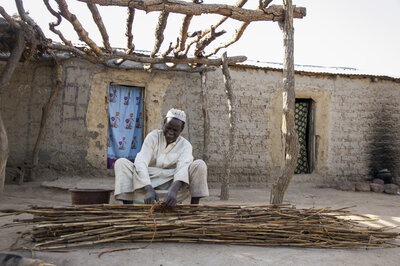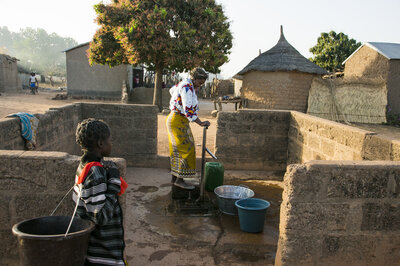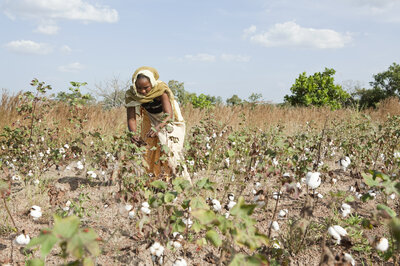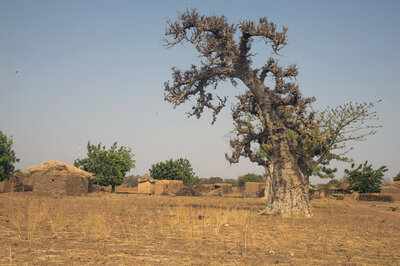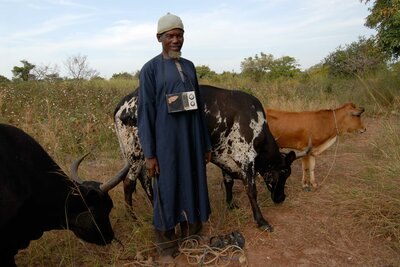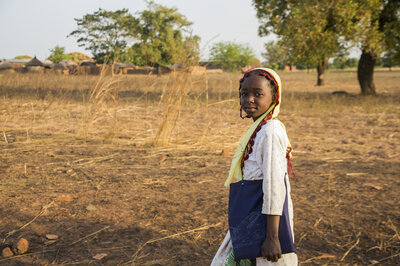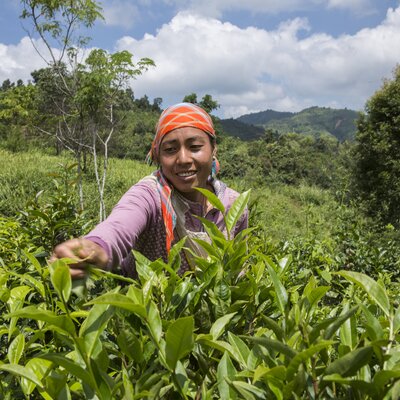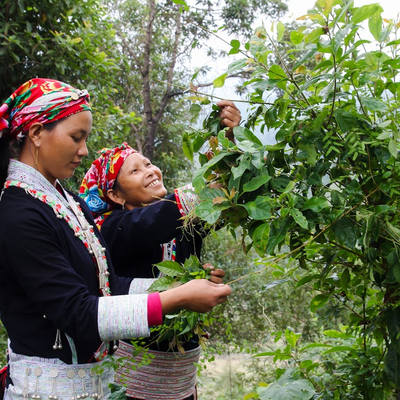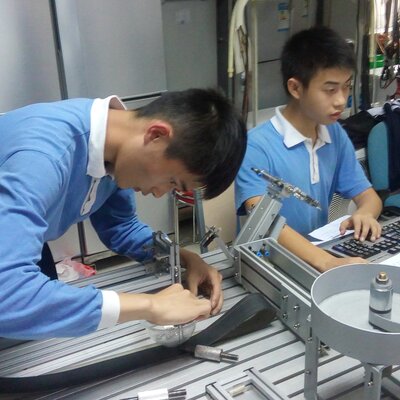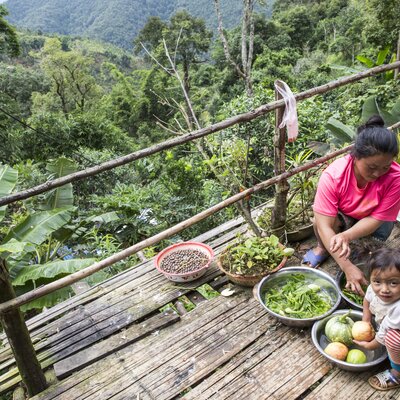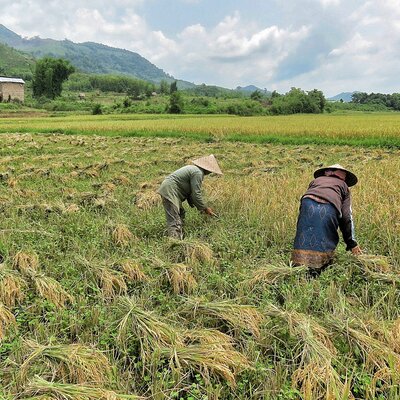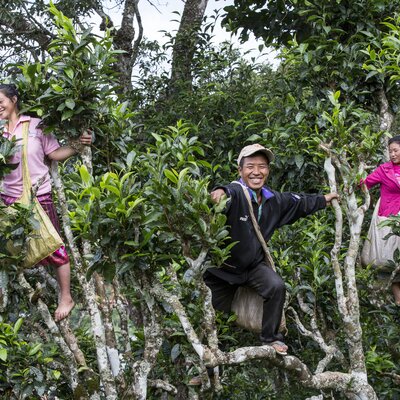-
CapitalBamako
-
Area1,240,192 km²
-
Poverty rate*49% of the population live under the poverty line of $2.15 per day
-
UN DEVELOPMENT INDEX*Rank: 188 out of 193
-
Population18,135,000
-
People supported per year484,085
-
Thematic focusVoice, Inclusion & Cohesion
Education and Vocational Skills
WASH & Water Governance
Private Sector Development
Gender & Social Equity
Mali is one of the poorest countries in the world. Unemployment is widespread, especially in rural areas. Since 1977, Helvetas has carried out projects in Mali in the agricultural sector and the supply of drinking water. Tens of thousands of farming families have benefited from better conditions for producing and selling agricultural products such as cotton, sesame and organic groundnuts under fair conditions. Helvetas is still active in the agricultural sector today, supporting young people in particular by giving them the opportunity to earn a living from farming. We focus on ecologically sustainable cultivation methods that are adapted to climate change, and on adding value to their produce, particularly through processing.
More vocational opportunities for young people
To facilitate the integration of rural youths into the job market and thereby curb the rural exodus, Helvetas seeks to create vocational training opportunities in the countryside. The training is designed to promote economic development and self-employment. Helvetas' support focuses mainly on young people without school certificates, who are denied access to formal vocational training. We run an innovative training program in agriculture as the sector holds a vast potential for creating jobs.
Education for all
Even if enrolment figures have gone up in Mali, only half the children in the southern provinces regularly attend school. Girls in particular often leave school after just a few years. Helvetas works closely together with local authorities, private-sector establishments, parents’ associations and teaching staff to improve the quality of primary and vocational education for both sexes. We focus specifically on integrating or reintegrating children and young people who never went to school or left it early.
Cost-effective water supply
More than one-third of the Malian population have no access to clean drinking water and latrines – with all the health problems that entails. Municipalities often lack sanitation expertise and the necessary resources to deal with these public health problems. Helvetas supports selected local administrations in their efforts to acquire the know-how and generate the funds to improve the water supply and sanitation in the long term. We promote innovative and cost-effective solutions, such as solar-powered water pumps.
By improving access to natural resources and basic services, Helvetas promotes dialogue and strengthens social cohesion. For a number of years, the program has been stepping up its work with communities to support access to protection services for displaced populations.
Visit the website of Helvetas Mali.
The country programme in Mali is co-funded by the SDC programme contribution.
Our Projects in Mali
If you would like to know more about our work in Mali, click on each project for details.
Multimedia stories from Africa
Visit the website of Helvetas Mali.


